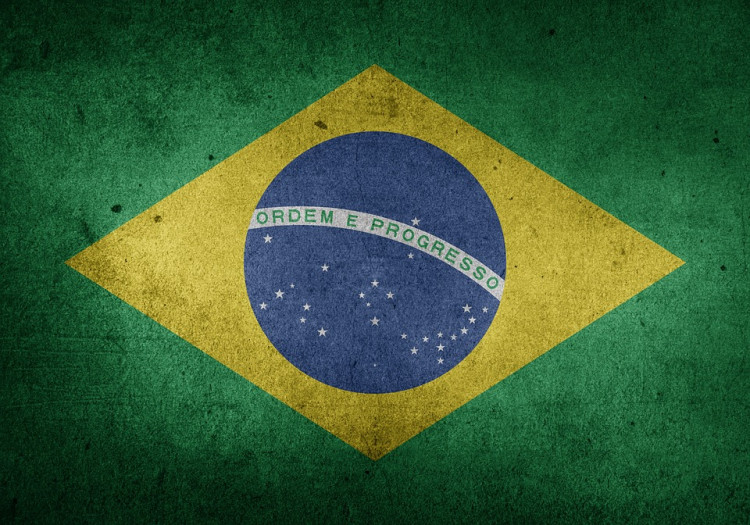MercadoLibre, Inc., an Argentine online market place company incorporated in the United States, is reportedly aiming to become Latin America's very-own Amazon.com. To do that, however, it will need to keep the e-commerce giant at bay, and of course, that comes at a pretty big cost.
Presently, the company, which is based in Buenos Aires, is investing heavily in its payments structure and logistics to deliver their packages quickly and reliably in Argentine's growing e-commerce market where most people are still not entirely convinced that online transactions can be safe.
According to regulatory filings, the expenses the MercadoLibre have used to run the business have more than doubled since 2016, even reaching $1.51 billion in 2018. During that same time, the company has introduced discounts on their mobile point-of-sale devices (like smartphones and tablets), as well as subsidized shipping. All are made with the goal of winning more customers in its designated space.
In an interview with CFO Journal, the company's CEO said, "We are focused on disrupting two large industries: retail and the financial industry."
Presently, the company serves around 18 countries and is planning to spend around $2 billion on costs tied to its upcoming 2019 operations, according to company's Finance Chief Pedro Arnt. And it seems as if investors themselves are seeing this potential, as company shares, which trade on the Nasdaq, closed at an all-time high of $503.93 on Wednesday. The stock, which is up 66% this year, then closed at $484.97 on Monday.
Threat of Amazon
Of course, the real threat comes from Amazon, an e-commerce giant in the space. Although, at the moment, Amazon's presence in the three countries that accounts for 94% of Mercado's total net revenue in 2018 (Argentina, Mexico, and Brazil) is still very minimal.
However, Amazon's possible expansion into the region still looms over the company, as back in 2017, the company recruited in Brazil, which easily led to a 10 percent sell-off in Mercado's shares. Furthermore, the company has also started building warehouses in Brazil and even went as far as to start a partnership with Oxxo, a local convenience-store chain in the country.
This led to shrinMercadoLibre, Inc., an Argentine online market place company incorporated in the United States, is reportedly aiming to become Latin America's very-own Amazon.com. To do that, however, it will need to keep the e-commerce giant at bay, and of course, that comes at a pretty big cost.
Presently, the company, which is based in Buenos Aires, is investing heavily in its payments structure and logistics to deliver their packages quickly and reliably in Argentine's growing e-commerce market where most people are still not entirely convinced that online transactions can be safe.
According to regulatory filings, the expenses the MercadoLibre have used to run the business have more than doubled since 2016, even reaching $1.51 billion in 2018. During that same time, the company has introduced discounts on their mobile point-of-sale devices (like smartphones and tablets), as well as subsidized shipping. All are made with the goal of winning more customers in its designated space.
In an interview with CFO Journal, the company's CEO said, "We are focused on disrupting two large industries: retail and the financial industry."
Presently, the company serves around 18 countries and is planning to spend around $2 billion on costs tied to its upcoming 2019 operations, according to the company's Finance Chief Pedro Arnt. And it seems as if investors themselves are seeing this potential, as company shares, which trade on the Nasdaq, closed at an all-time high of $503.93 on Wednesday. The stock, which is up 66% this year, then closed at $484.97 on Monday.
Threat of Amazon
Of course, the real threat comes from Amazon, an e-commerce giant in the space. Although, at the moment, Amazon's presence in the three countries that accounts for 94% of Mercado's total net revenue in 2018 (Argentina, Mexico, and Brazil) is still very minimal.
However, Amazon's possible expansion into the region still looms over the company, as back in 2017, the company recruited in Brazil, which easily led to a 10 percent sell-off in Mercado's shares. Furthermore, the company has also started building warehouses in Brazil and even went as far as to start a partnership with Oxxo, a local convenience-store chain in the country.
This led to shrinking profits for the company, although for Mr. Arnt, it's all part of the process. "We are not in this to deliver profit in three to five years. We are looking to build the largest retailer in Latin America. Even if it means losing money in the short term," he said.
"We are not in this to deliver profit in three to five years. We are looking to build the largest retailer in Latin America. Even if it means losing money in the short term,"






